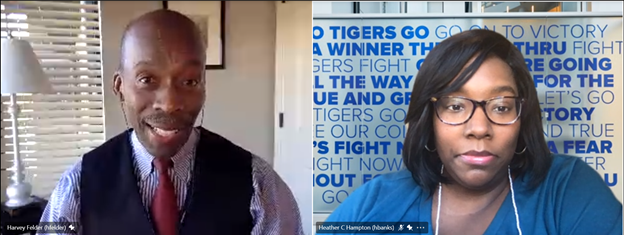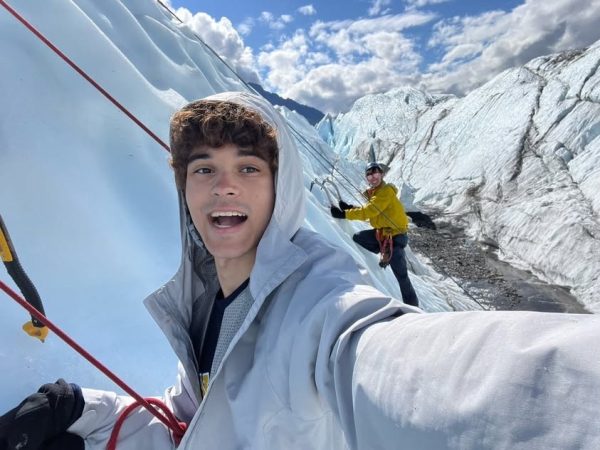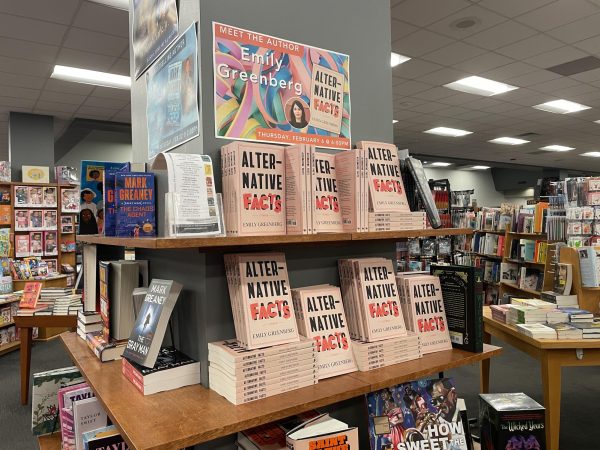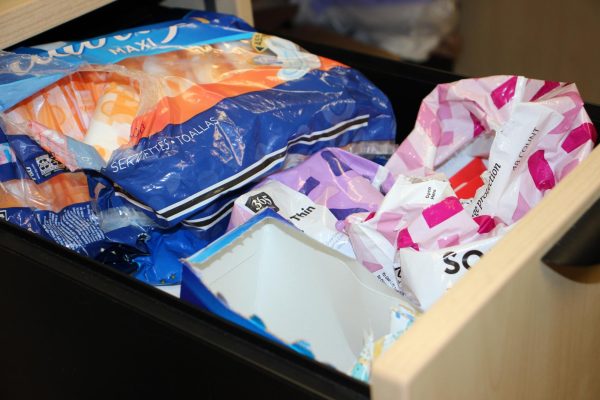Teachers adapt to virtual learning
Orchestra teacher Dr. Palmer brought in two guest speakers from the University of Memphis to help teach students about enrollment and furthering their music education after highschool. Harvey Felder, director of orchestral activities, and Heather Hampton, recruitment and enrollment officer, spoke to orchestra classes to provide students with valuable information for their futures.
Please turn your cameras on. Unmute your mics. Can everyone hear me? Everyday, teachers ask this series of questions since the SCS decision to switch to virtual learning. Previously-filled desks, chairs and classrooms have been left empty and traded for monitors, keyboards and bedrooms. To deal with an entirely new platform, Microsoft Teams, teachers have had to change their tried and true teaching methods to better suit students learning from home.
“It forces us to think outside the box even more so than we normally would, especially when it comes to my subject area of marketing,” marketing teacher Elaine Skoog said. “So much of [learning] is hands-on and I’ve had to be able to really adapt.”
As days continue to pass in lockdown, it’s increasingly harder to remember what school used to be like. Classrooms were filled with students in close contact and teachers were able to check on their students’ wellbeing.
“There is no personal contact,” orchestra teacher Andrew Palmer said. “When I [could previously] spend a minute checking on a student, having a casual ‘catch-up’ chat or just getting non-verbal cues from my students.”
School started later this year than in years past due to COVID-19 restrictions and an attempt to create a new and orderly system. This challenges all teachers, but especially Advanced Placement (AP) teachers, who lose preparation time for the May exams.
“[Virtual learning] is more difficult in the sense that we have been asked to slow down for the students and that means that I am perpetually behind, coupled with the late start to the year and more frequent days without students,” AP U.S. History and AP European history teacher Mike Stephenson said.
Music teachers face a challenge unique to only them: it is impossible to play in a large group virtually, so orchestra, band and choir teachers have had to make more than a few changes.
“About 80 percent of what we do is meet in rehearsal, studying literature in preparation for a variety of performances,” Palmer said. “Almost all of that is impossible online, so I, along with other orchestra and fine arts teachers, have had to create a new curriculum. The preparation time for building units and lessons is heavy.”
Many teachers try to place themselves in their students’ shoes. Dealing with seven classes and seven different course loads is a challenge in and of itself, but adding technology and computer errors into the mix makes for a tricky balancing act. Skoog offers some advice for students who are struggling to deal with the “new normal”.
“If you’re responsible to be working on that subject during that class, then do so,” Skoog said. “Heed to the deadlines. You’ve got to start taking ownership and responsibility of this learning. Teachers can only do so much, so you have to be a responsible student.”
Academic dishonesty is a difficult problem to deal with when in person, but it is infinitely more challenging to monitor with distance learning. Teachers have little to no way of deciphering if students are cheating, using their notes or perusing the internet for answers.
“I think that many students cannot see the ‘end game’ and are so busy trying to always skirt the system and find the easy way out, but there are not that many life hacks going forward,” Stephenson said. “Someday, in college, if you get in the habit of cheating, you are more likely to be found out. You can lose your scholarship or just get kicked out.”
Even though students, teachers and faculty alike miss being together as one, they understand that doing so in these unprecedented times is in the best interest of everyone. Many look forward to returning to in-person learning as soon as it is safe to do so.
“I do appreciate the decisions our SCS leadership team have made concerning the shift to a virtual school environment,” Palmer said. “If we were meeting in person, I believe the transmission rates in Memphis would be much higher than they are. I’m also curious how [Microsoft] Teams will be used next year, when we are, hopefully, back in the school building.”
Your donation will support the student journalists of White Station High School. Your contribution will allow us to purchase equipment and cover our annual website hosting costs.






































